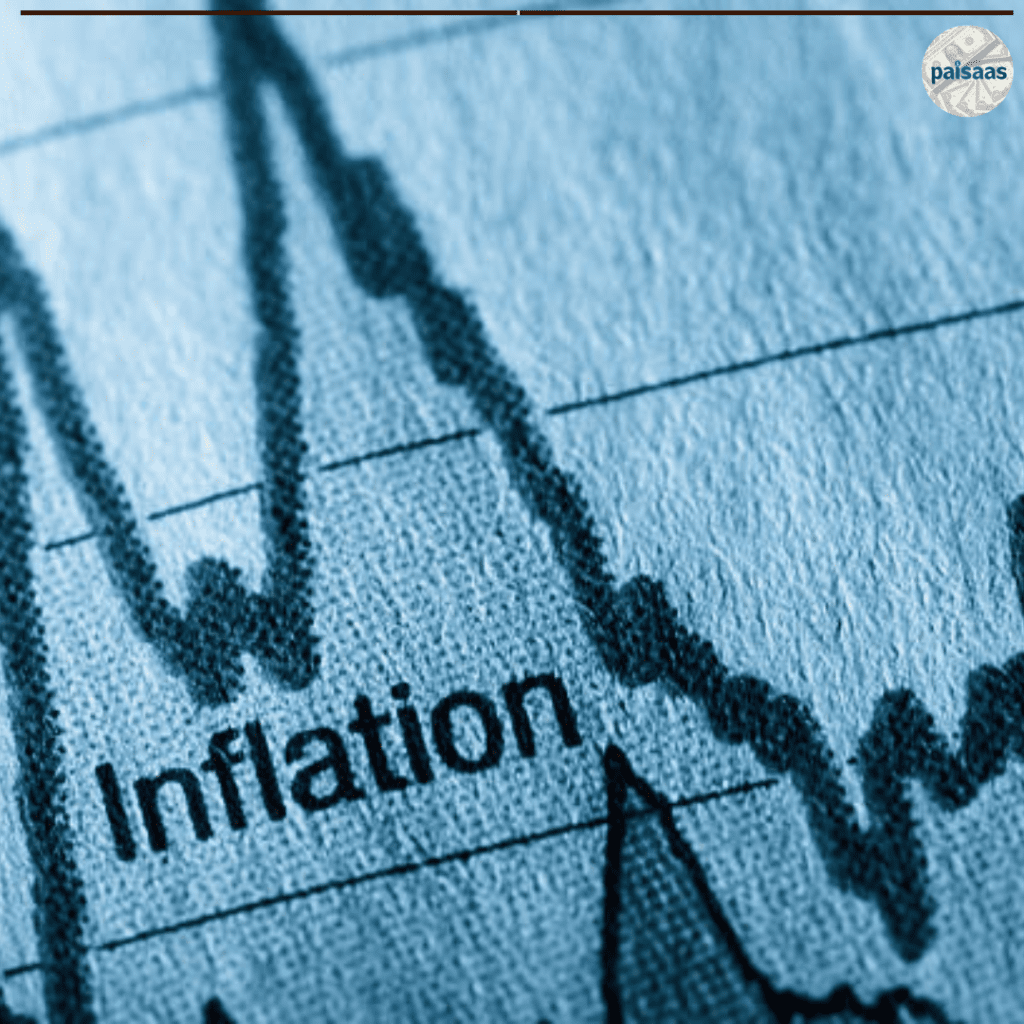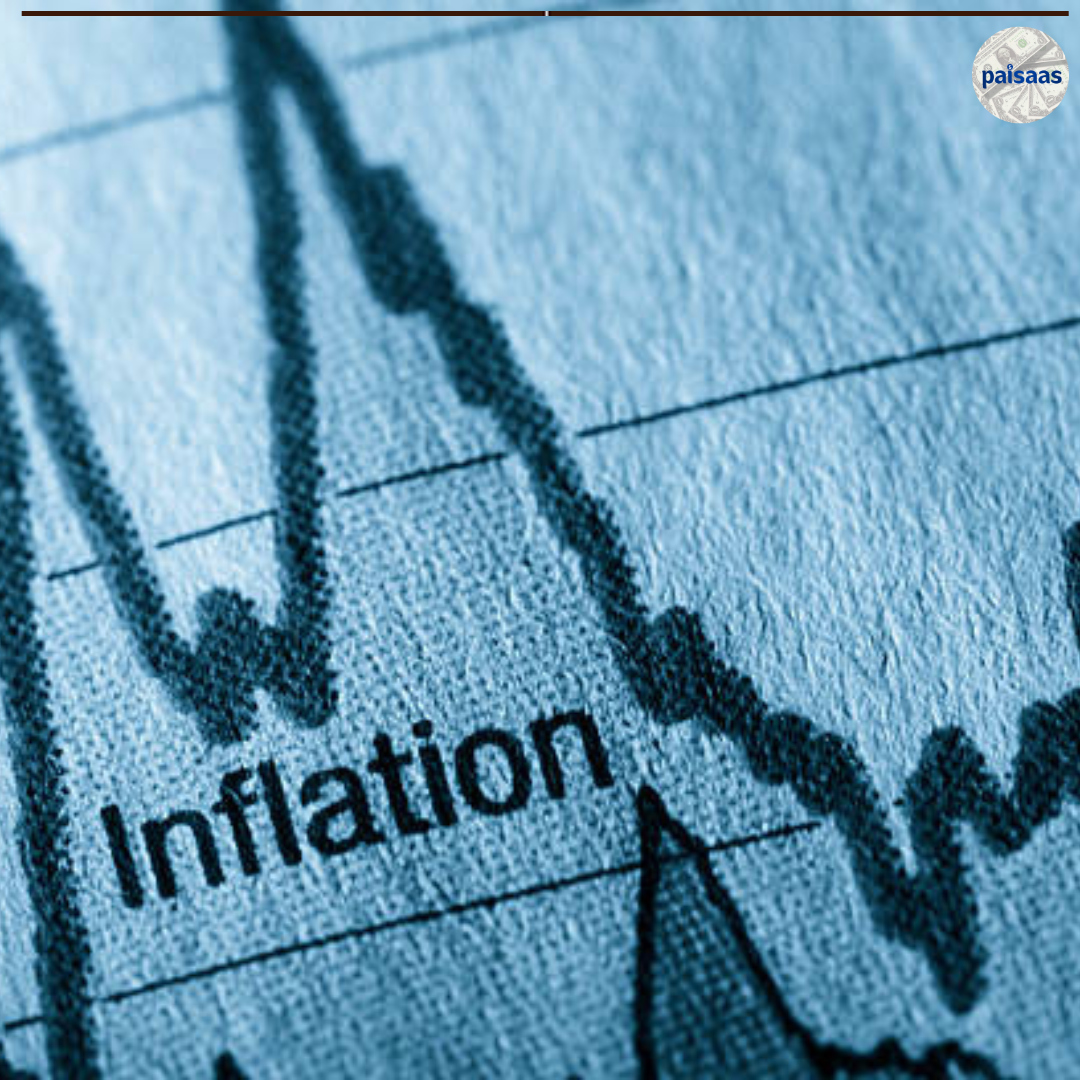

“The Rising Tide: Exploring Inflation and its Impact on Finance“
Inflation, the steady rise in prices of goods and services over time, is a critical economic phenomenon that affects individuals, businesses, and the overall financial landscape. As inflation takes hold, its impact reverberates through various sectors, influencing consumer purchasing power, investment decisions, and monetary policies. Understanding inflation and its implications for finance is essential for navigating the complex dynamics of the modern economy.
At its core, inflation erodes the purchasing power of money. As prices increase, the same amount of money buys fewer goods and services, reducing the value of savings and income. This can have a significant impact on individuals and families, especially those on fixed incomes or with limited resources. Rising prices for essential goods like food, housing, and healthcare can strain budgets, leading to reduced standards of living and financial hardship.
Moreover, inflation affects investment decisions. Investors must consider the impact of inflation on the real return of their investments. Inflation erodes the value of future cash flows, making fixed-rate investments less attractive. For example, if inflation is running at 3% per year, a fixed-rate bond yielding 2% effectively yields a negative real return. As a result, investors may seek out inflation-hedging assets such as commodities, real estate, or equities to preserve and grow their wealth in inflationary times.
Businesses also face challenges due to inflation. Rising costs of raw materials, labor, and energy can squeeze profit margins. Companies may attempt to pass on these increased costs to consumers through higher prices, risking reduced demand and potentially impacting sales. Moreover, inflation can disrupt long-term planning and decision-making processes, making it difficult for businesses to forecast accurately and allocate resources effectively.
Central banks play a crucial role in managing inflation through monetary policy. Inflation targeting is a common practice wherein central banks aim to keep inflation within a target range deemed conducive to economic stability and growth. To control inflation, central banks may raise interest rates, reducing borrowing and spending, or adjust the money supply through open market operations. These measures impact the cost of borrowing, investment returns, and economic activity, influencing financial markets and shaping the overall financial landscape.
Inflation also has implications for debtors and creditors. Debtors may benefit from inflation as the value of their debt decreases over time in real terms. For example, if inflation runs at 4% and a debtor holds a fixed-rate loan, the real value of the debt diminishes by 4% annually. On the other hand, creditors may suffer from inflation as the purchasing power of the money they are repaid decreases. Inflation can thus impact the distribution of wealth and alter the dynamics of borrowing and lending.
Moreover, inflation can influence exchange rates and international trade. High inflation in one country relative to others can erode its competitiveness, affecting exports and imports. Exchange rates may adjust to reflect differences in inflation rates between countries, impacting currency values and trade balances. Understanding the interplay between inflation, exchange rates, and global trade is crucial for businesses operating in international markets and investors with global portfolios.
In response to inflation, individuals and businesses employ various strategies to mitigate its impact. For individuals, maintaining a diversified investment portfolio that includes inflation-hedging assets can help preserve purchasing power. Businesses may seek operational efficiencies, negotiate favorable contracts, or adjust pricing strategies to navigate inflationary pressures. Furthermore, policymakers and economists continuously monitor and analyze inflation data to inform decision-making, ensuring that monetary policies remain effective and responsive to changing economic conditions.
Conclusion
In conclusion, inflation is a pervasive economic force that significantly impacts finance at all levels. From individuals to businesses and policymakers, understanding the complexities and implications of inflation is vital for making informed financial decisions. As inflation erodes purchasing power, affects investment choices, and shapes monetary policies, staying informed and proactive becomes essential in navigating the ever-changing financial landscape. By monitoring inflation trends, adopting appropriate strategies, and remaining adaptable, individuals and businesses can navigate the challenges and seize opportunities presented by inflationary environments.




